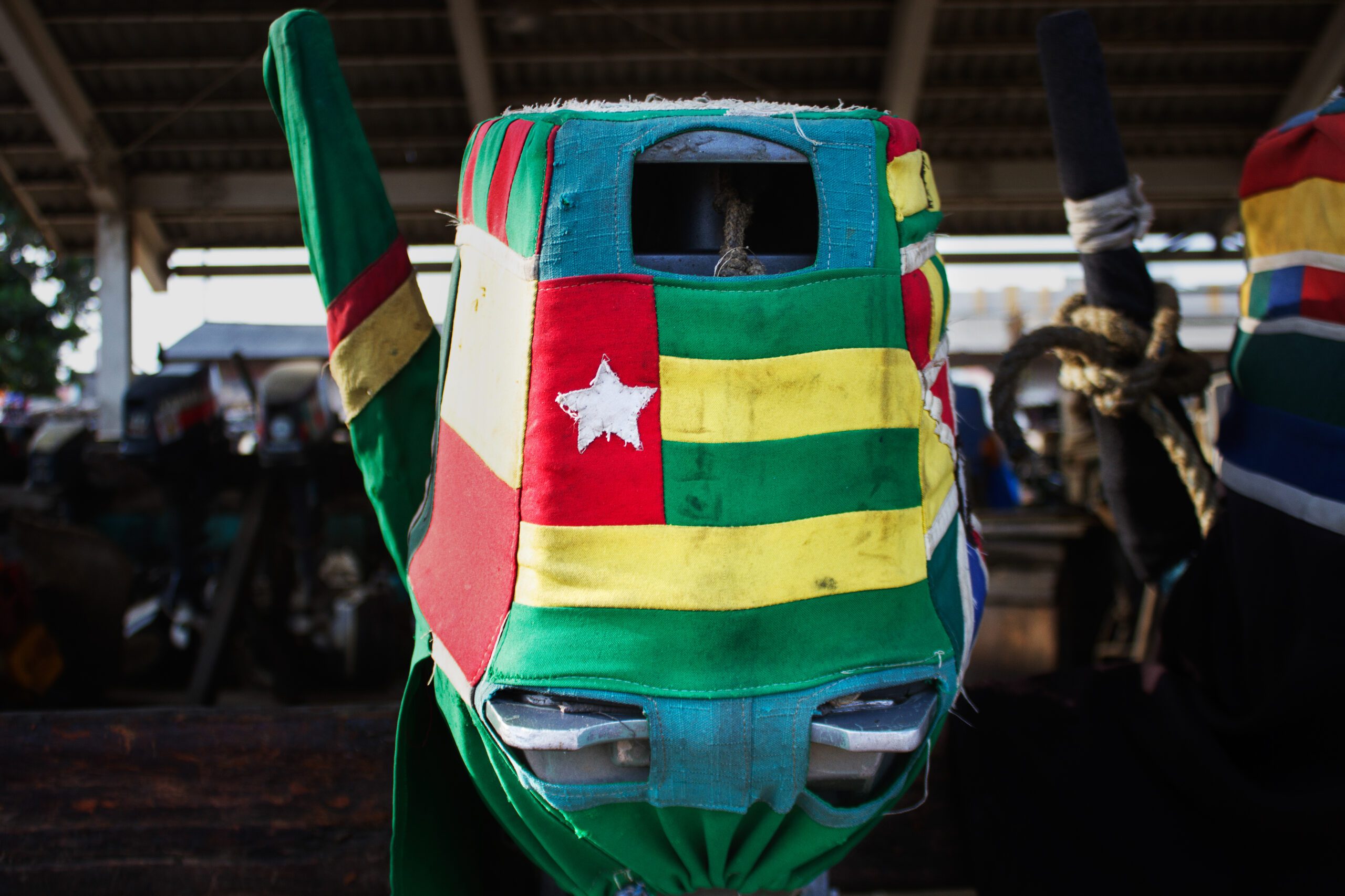In recent months, Togo has found itself at a critical juncture, grappling with the complex interplay between democratic principles and political power. The nation’s political landscape is by several controversial events, most notably the regional and legislative elections held amidst a contentious new constitution. These developments have raised serious concerns about the state of democracy in Togo and highlighted the challenges facing the country as it navigates its political future.
At the heart of the matter lies a fundamental tension between the principles of democracy and the pursuit of political dominance. The ruling Union pour le Republic (UNIR) party’s push for constitutional amendments that effectively eliminate presidential elections and grant lawmakers the authority to choose the president has ignited a fierce debate about the legitimacy of the electoral process. Critics argue that these amendments represent a blatant power grab by President Faure Gnassingbe and his allies, aimed at prolonging their grip on power potentially up to 2033 and stifling democratic dissent.
Lawmakers, primarily representing the ruling UNIR party, pushed through significant constitutional changes on 20 April. The postponement of the regional elections, initially scheduled for April 20, 2024, further fuelled anti-democratic sentiments. Togo’s recent regional and legislative elections on April 29 this year saw the ruling party win most seats. The election commission announced provisional results of the vote on 4 May, showing the ruling UNIR party winning 108 out of 113 seats.
Opposition parties, civil society groups, and concerned citizens have voiced their opposition to the recent constitutional reforms, decrying them as an assault on democracy. However, a closer examination reveals that the so-called democratic processes and elections in Togo have been nothing more than superficial formalities devoid of genuine popular participation and meaningful political competition. The shift from a presidential to a parliamentary system is far from a move towards greater democracy and merely a continuation of Togo’s entrenched dynastic rule. These amendments further concentrate power in the hands of President Faure Gnassingbe’s family and his tribe, perpetuating a system where political elites from these circles maintain control at the expense of genuine democratic principles. In reality, the recent changes only serve to solidify the grip of these elites on the levers of power, reinforcing the status quo rather than ushering in a new era of democratic governance.
ECOWAS Court Challenge: A Hope for Democracy, But Past Interventions Raise Concerns
In challenging the recent constitutional reforms in the Economic Community of West African States (ECOWAS) Court of Justice, Togo’s opposition is seizing a crucial opportunity to defend democratic values within the country. By contesting the reforms on the grounds of violating democracy and good governance, they are asserting their commitment to upholding democratic norms and principles. However, it’s essential to temper expectations regarding the potential impact of external intervention in resolving internal political disputes.
ECOWAS and similar institutions like the African Union have faced criticism for their selective intervention in democracy and governance, raising questions about their ability to promote democratic ideals across the region. Regional bodies like ECOWAS and the African Union often prioritize maintaining the existing political order over advocating for genuine democratic reform. Democracy, as it is commonly understood, has yet to take root in the sub-region, with fundamental principles such as term limits and checks on executive power remaining distant aspirations. Many of the founding figures of ECOWAS were proponents of authoritarian rule, viewing their leadership as divinely ordained. For instance, consider the case of Gnassingbé Eyadéma, Togo’s former president. Eyadéma, initially a military figure who transitioned into politics, held power for nearly four decades until he died in 2005. His succession by his son, Faure Gnassingbé, exemplified the entrenched dynastic patterns dominating much of the region’s political landscape.
Conclusion
As a collective body of the Catholic Church’s bishops in Togo, the CET has a history of leveraging its moral authority, organizational structure, and extensive network to influence public policy, advocate for social justice, and promote democratic values. Over the years, the CET has consistently denounced political violence, criticized the lack of political plurality, demanded the independence of judicial institutions, and issued pastoral letters and public statements calling for political dialogue and reconciliation.
Given Togo’s entrenched political and social dynamics, advocating for judicial independence and broader democratic reforms is challenging. The recent decision by the Constitutional Court of Togo not to intervene in the constitutional changes passed by parliament on 19 April complicates the legal landscape. It also underscores the limitations of the Court’s jurisdiction and mandate. This decision, particularly in the context of Djobo Babakane Coulibaley’s appointment as president of the Court and the ongoing legal challenge before the ECOWAS Court of Justice, raises questions about the effectiveness of legal mechanisms in promoting democratic governance. However, the path is flexible. The Episcopal Conference of Togo (CET) could be pivotal in advocating social and political reform.
Moving forward, the CET can strengthen its advocacy by continuing to issue public statements and mobilizing grassroots support for reform. By facilitating political dialogue between the government and opposition parties, the CET can help foster negotiations and inclusive political processes, paving the way for a more democratic and just society in Togo.
Charles Waiganjo is an African Liberty contributor and a senior regional analyst at WS Insight.
Photo by Gopal Amah via Iwaria.

